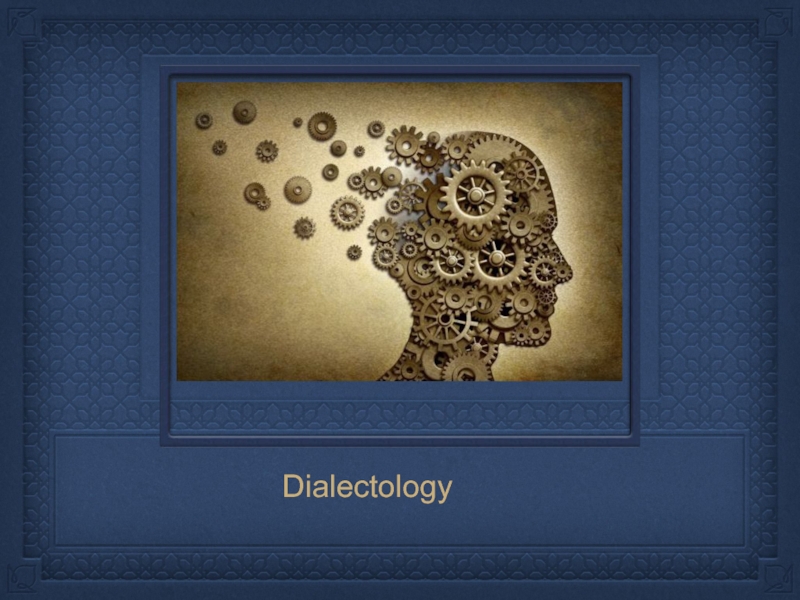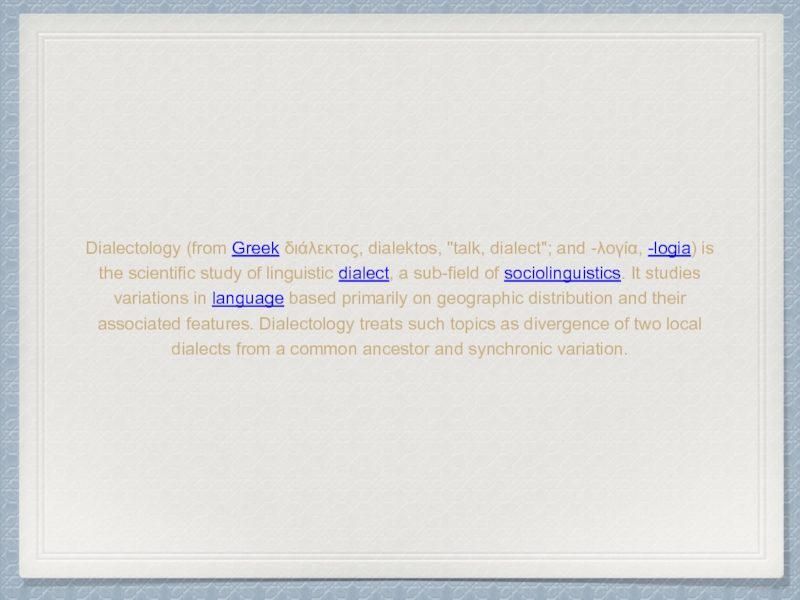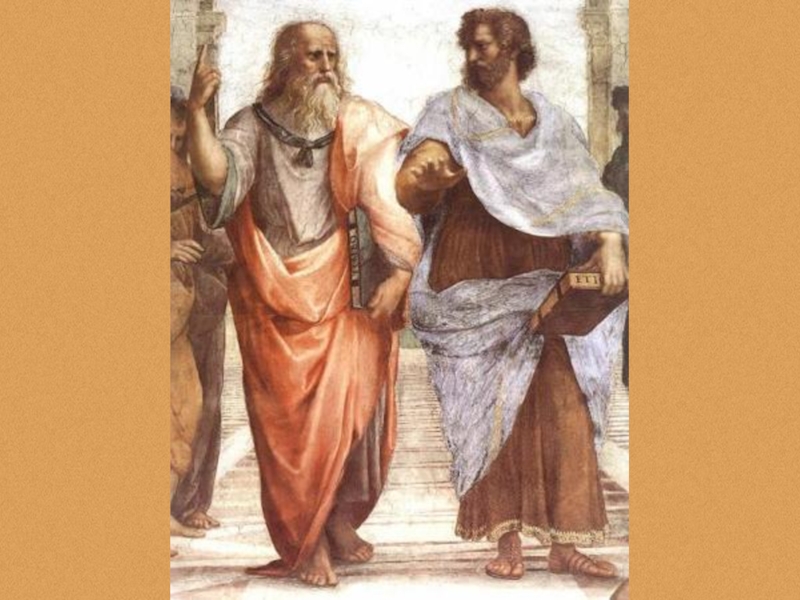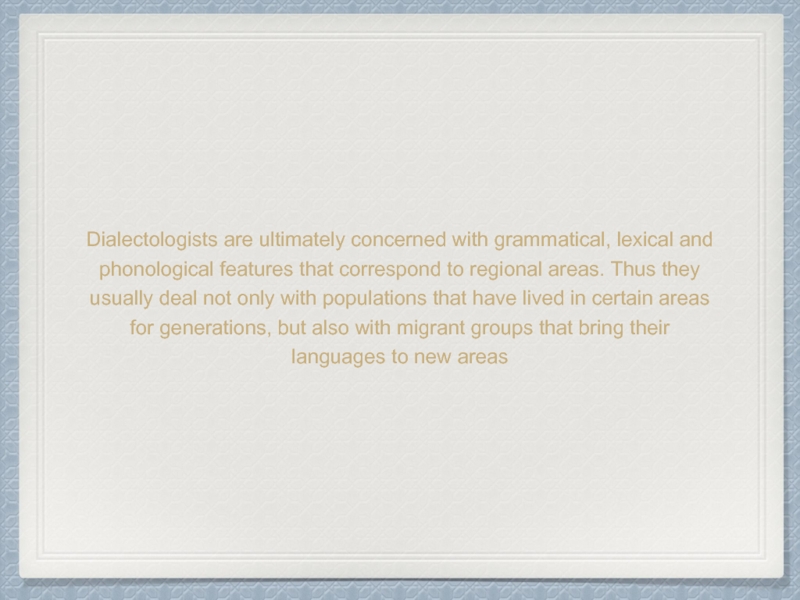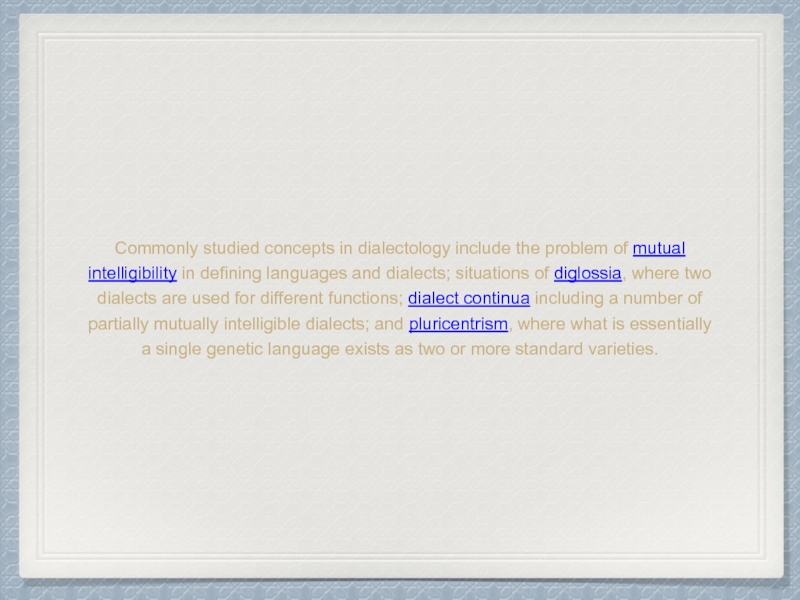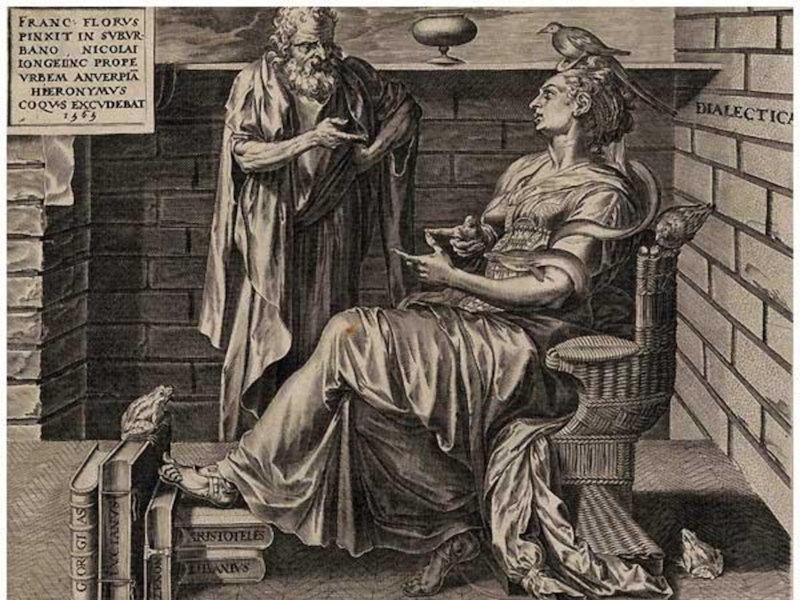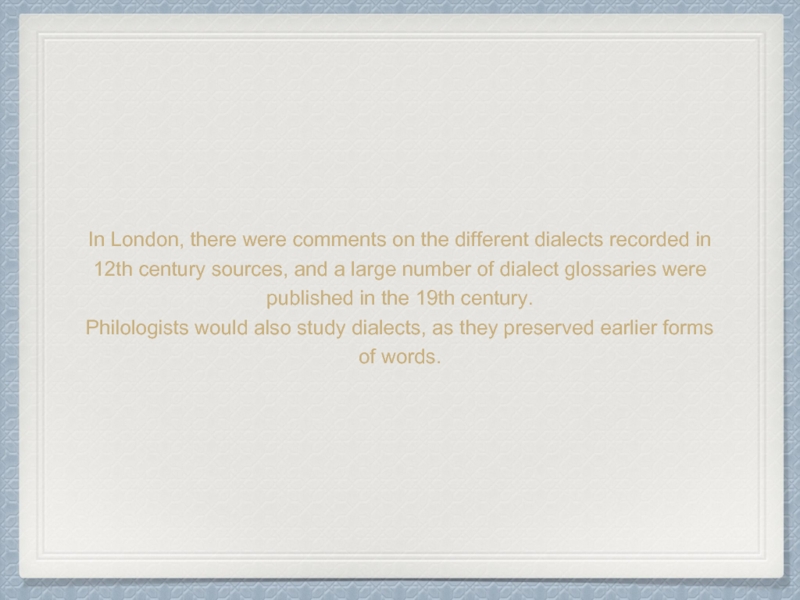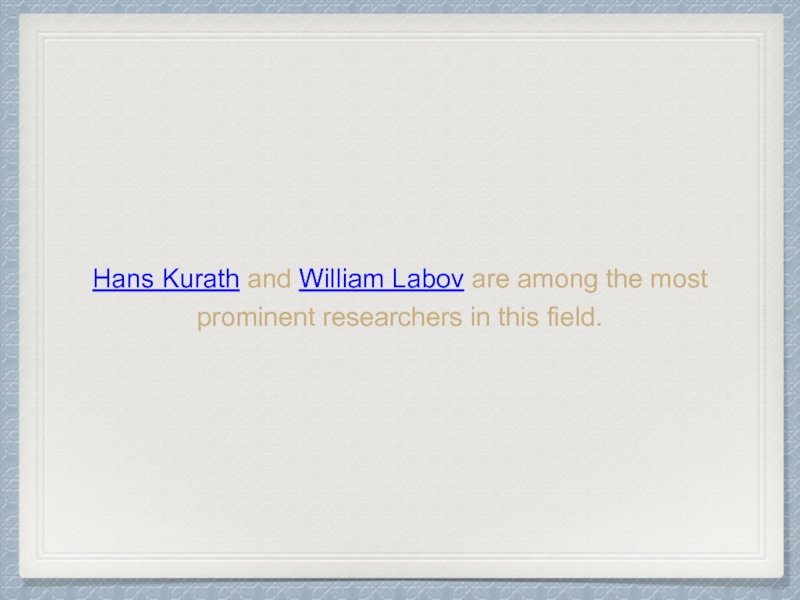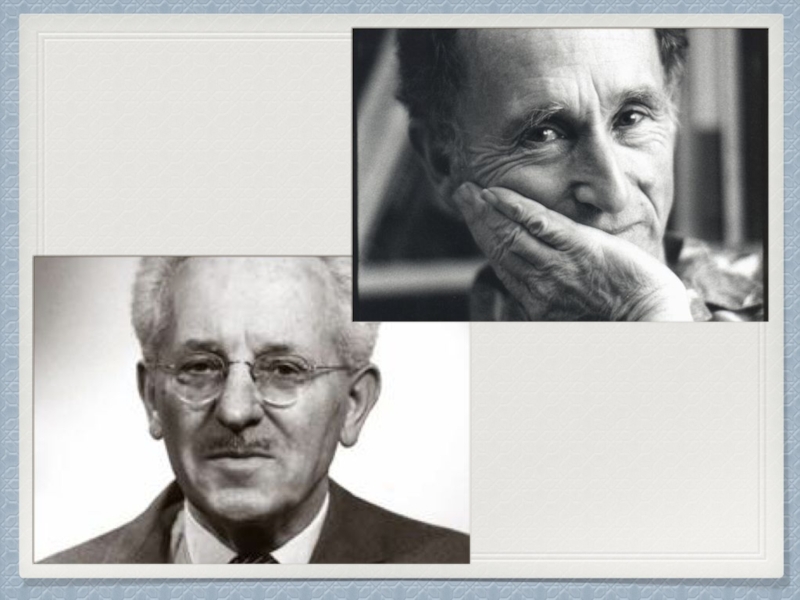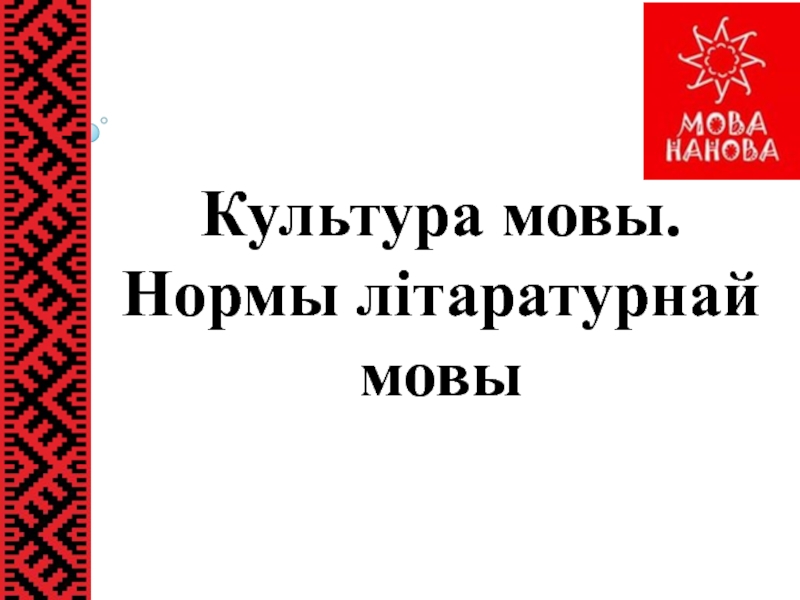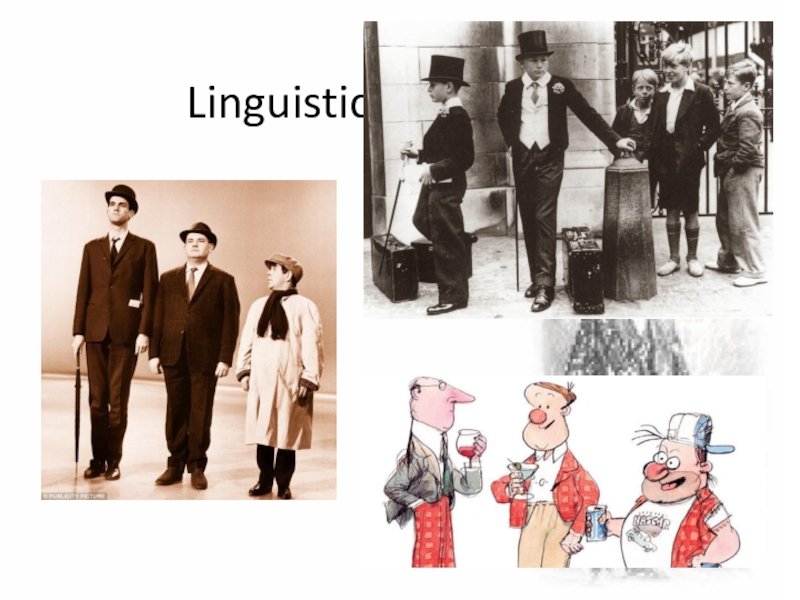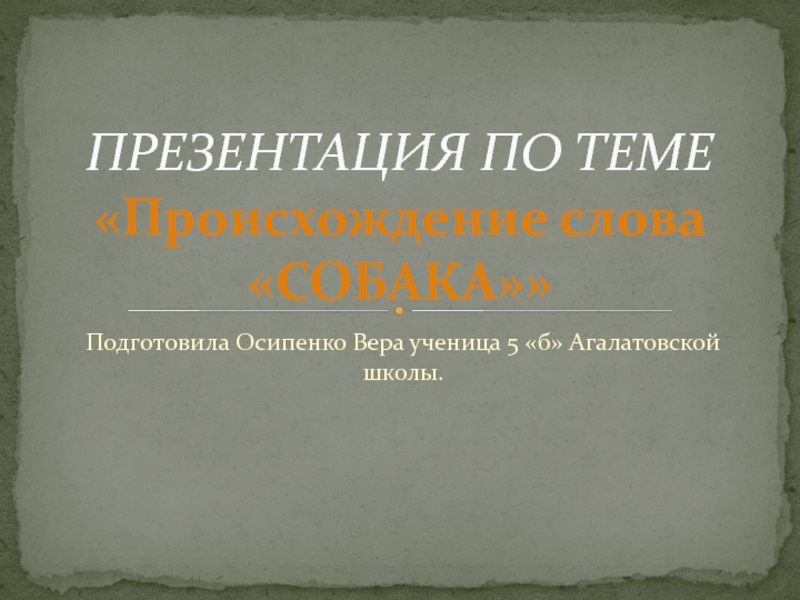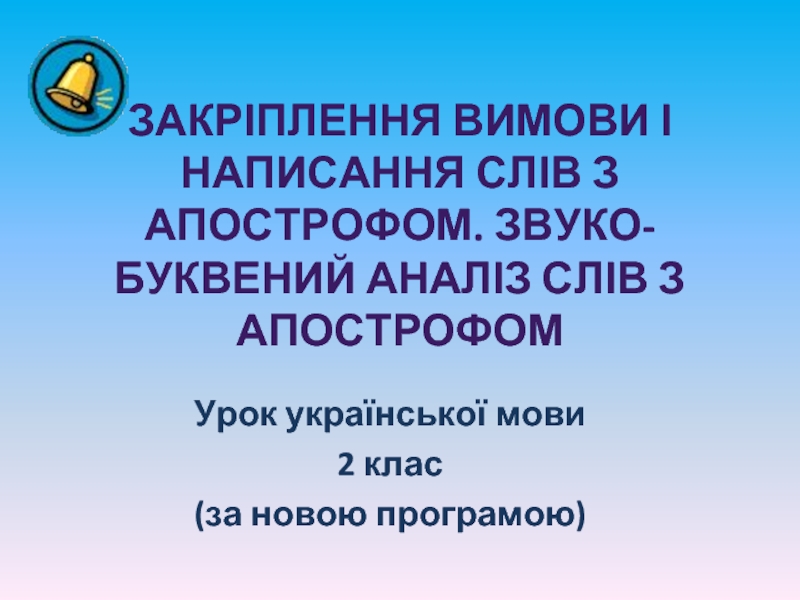- Главная
- Разное
- Дизайн
- Бизнес и предпринимательство
- Аналитика
- Образование
- Развлечения
- Красота и здоровье
- Финансы
- Государство
- Путешествия
- Спорт
- Недвижимость
- Армия
- Графика
- Культурология
- Еда и кулинария
- Лингвистика
- Английский язык
- Астрономия
- Алгебра
- Биология
- География
- Детские презентации
- Информатика
- История
- Литература
- Маркетинг
- Математика
- Медицина
- Менеджмент
- Музыка
- МХК
- Немецкий язык
- ОБЖ
- Обществознание
- Окружающий мир
- Педагогика
- Русский язык
- Технология
- Физика
- Философия
- Химия
- Шаблоны, картинки для презентаций
- Экология
- Экономика
- Юриспруденция
The History of Dialects in Britain. Dialectology презентация
Содержание
- 1. The History of Dialects in Britain. Dialectology
- 2. The History of Dialects in Britain
- 3. The United Kingdom is perhaps the most
- 4. English is a West Germanic language that
- 7. Initially, Old English was a diverse group
- 10. Cohabitation with the Scandinavians resulted in a
- 11. Map showing phonological variation within England of
- 12. Dialectology
- 13. Dialectology (from Greek διάλεκτος, dialektos, "talk, dialect";
- 15. Dialectologists are ultimately concerned with grammatical, lexical
- 16. Commonly studied concepts in dialectology include the
- 18. In London, there were comments on the
- 19. Hans Kurath and William Labov are among the most prominent researchers in this field.
- 21. Thank you for attention ?
Слайд 3The United Kingdom is perhaps the most dialect-obsessed country in the world.
With near-countless regional Englishes shaped by millennia of history, few nations boast as many varieties of language in such a compact geography.
Слайд 4English is a West Germanic language that originated from the Anglo-Frisian
dialects brought to Britain by Germanic settlers from various parts of what is now northwest Germany and the northern Netherlands. The resident population at this time was generally speaking Common Brittonic—the insular variety of continental Celtic, which was influenced by the Roman occupation. This group of languages (Welsh, Cornish, Cumbric) cohabited alongside English into the modern period, but due to their remoteness from the Germanic languages, influence on English was notably limited.
Слайд 7Initially, Old English was a diverse group of dialects, reflecting the
varied origins of the Anglo-Saxon Kingdoms of England. One of these dialects, Late West Saxon, eventually came to dominate. The original Old English language was then influenced by two waves of invasion: the first was by speakers of the Scandinavian branch of the Germanic family, who conquered and colonised parts of Britain in the 8th and 9th centuries; the second was the Normans in the 11th century, who spoke Old Norman and ultimately developed an English variety of this called Anglo-Norman. These two invasions caused English to become "mixed" to some degree
Слайд 10Cohabitation with the Scandinavians resulted in a significant grammatical simplification and
lexical enrichment of the Anglo-Frisian core of English; the later Norman occupation led to the grafting onto that Germanic core of a more elaborate layer of words from the Romance branch of the European languages. This Norman influence entered English largely through the courts and government. Thus, English developed into a "borrowing" language of great flexibility and with a huge vocabulary.
Слайд 11Map showing phonological variation within England of the vowel in bath,
grass, and dance.
'a' [ä]
'aa' [æː]
'ah' [ɑː]
anomalies
Those in the north generally pronounce such words with a short vowel whereas those in the south use a long vowel
'a' [ä]
'aa' [æː]
'ah' [ɑː]
anomalies
Those in the north generally pronounce such words with a short vowel whereas those in the south use a long vowel
Слайд 13Dialectology (from Greek διάλεκτος, dialektos, "talk, dialect"; and -λογία, -logia) is
the scientific study of linguistic dialect, a sub-field of sociolinguistics. It studies variations in language based primarily on geographic distribution and their associated features. Dialectology treats such topics as divergence of two local dialects from a common ancestor and synchronic variation.
Слайд 15Dialectologists are ultimately concerned with grammatical, lexical and phonological features that
correspond to regional areas. Thus they usually deal not only with populations that have lived in certain areas for generations, but also with migrant groups that bring their languages to new areas
Слайд 16Commonly studied concepts in dialectology include the problem of mutual intelligibility
in defining languages and dialects; situations of diglossia, where two dialects are used for different functions; dialect continua including a number of partially mutually intelligible dialects; and pluricentrism, where what is essentially a single genetic language exists as two or more standard varieties.
Слайд 18In London, there were comments on the different dialects recorded in
12th century sources, and a large number of dialect glossaries were published in the 19th century.
Philologists would also study dialects, as they preserved earlier forms of words.
Philologists would also study dialects, as they preserved earlier forms of words.
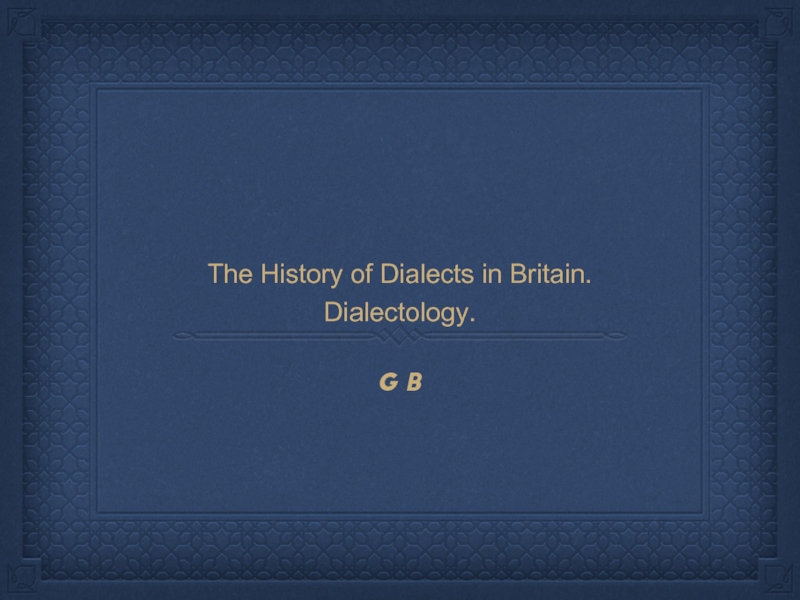
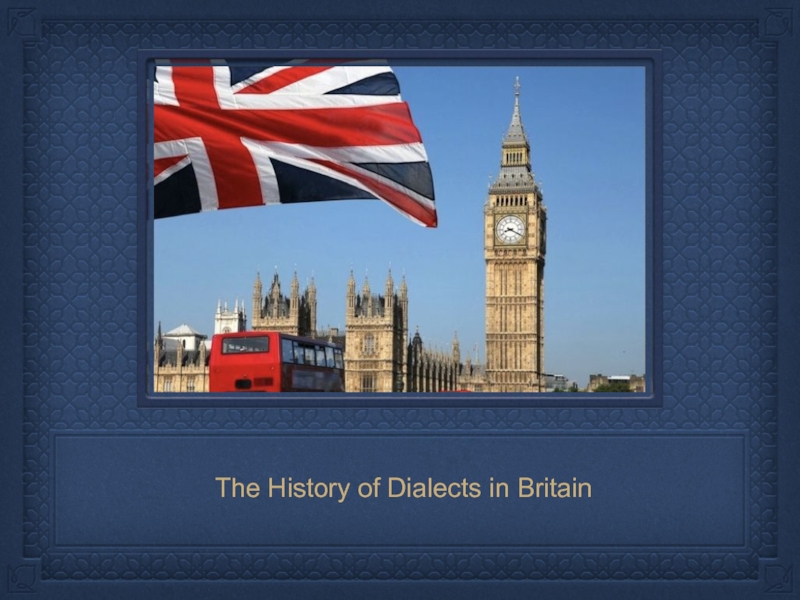
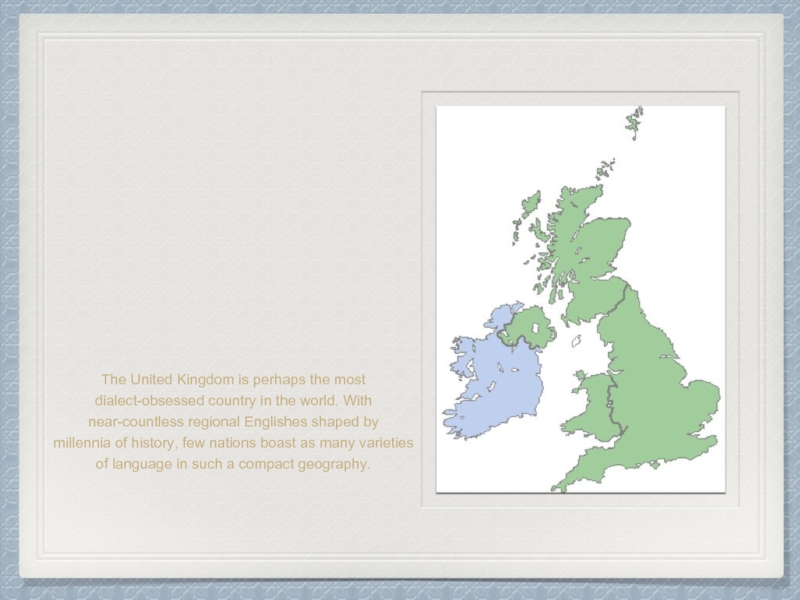
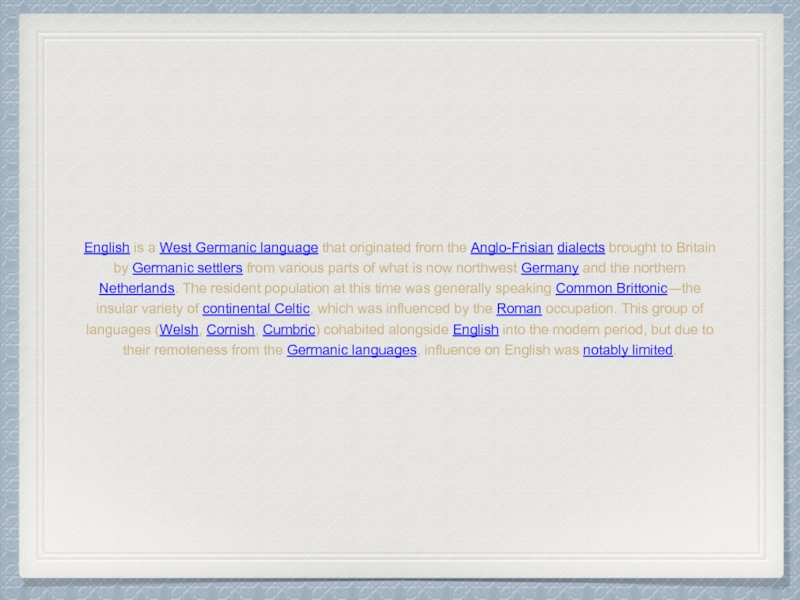
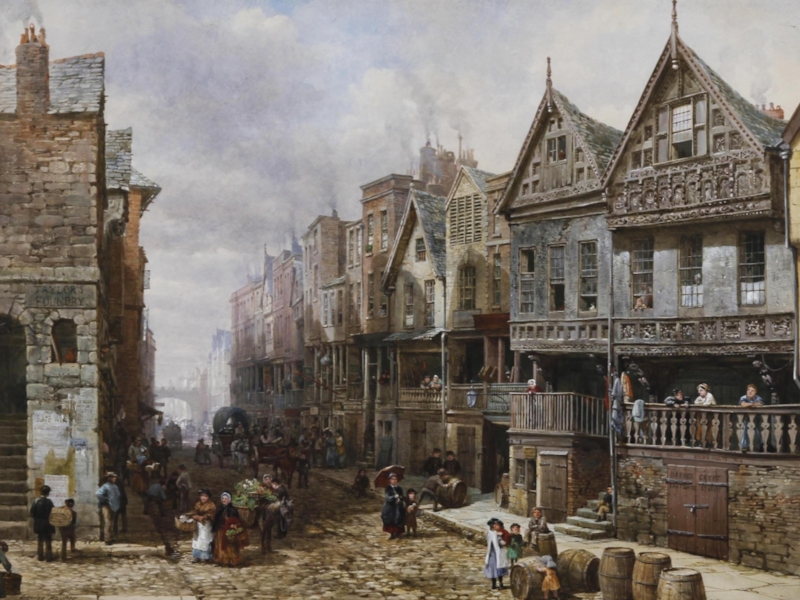
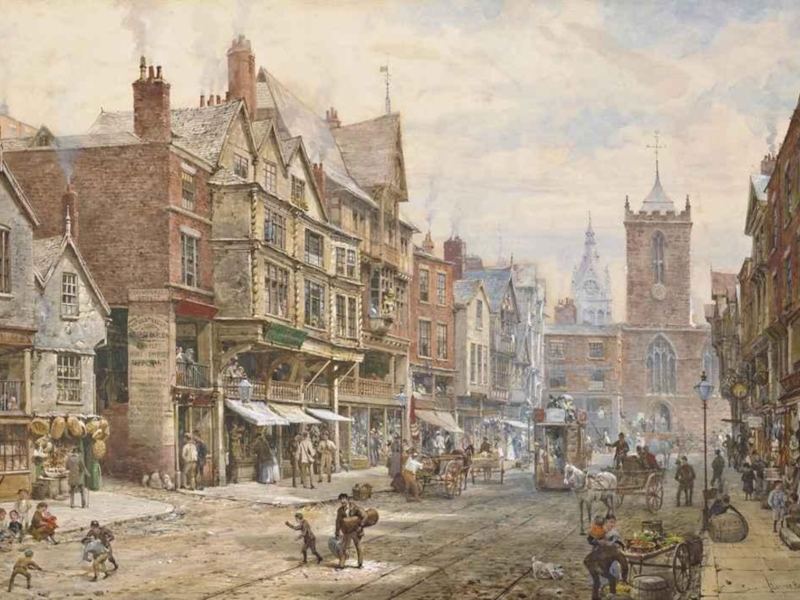
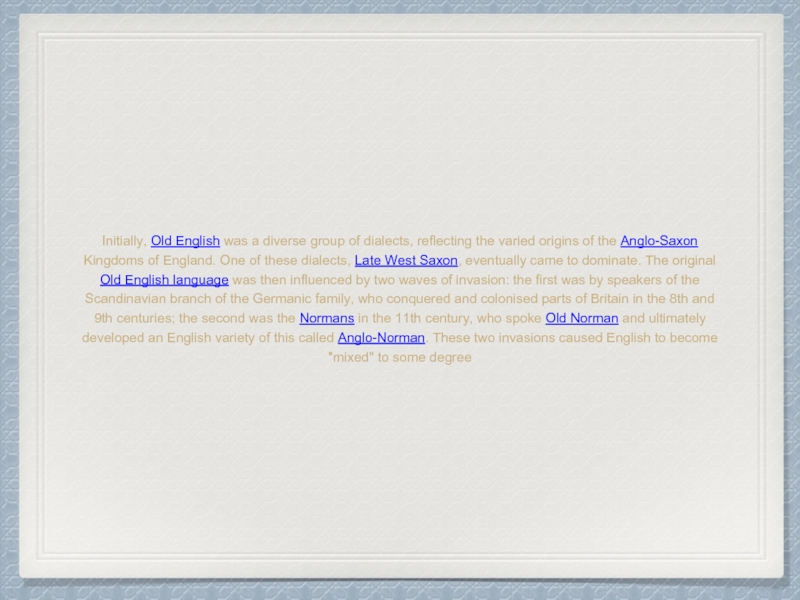
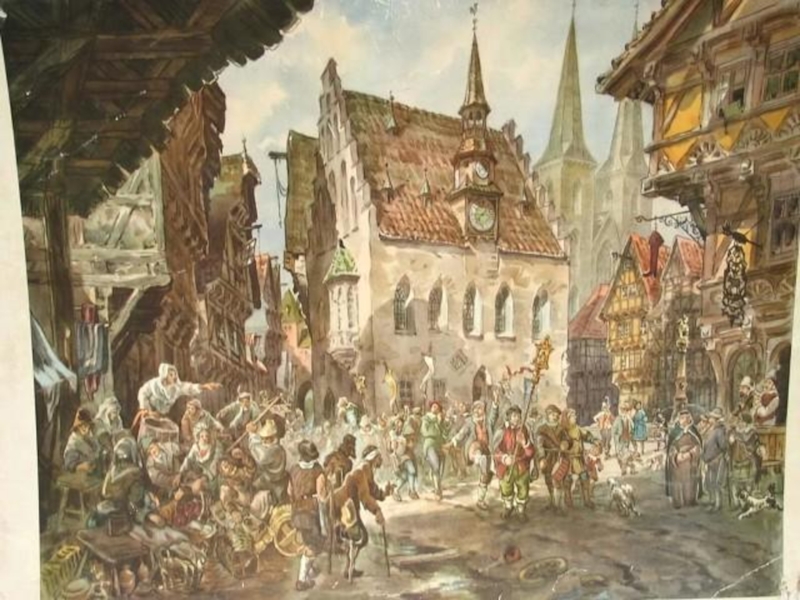

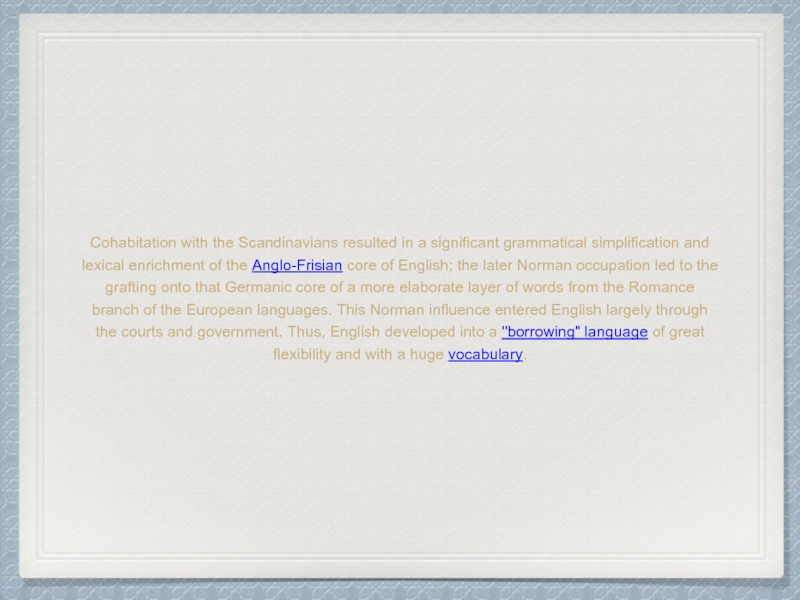
![Map showing phonological variation within England of the vowel in bath, grass, and dance. 'a' [ä] 'aa'](/img/tmb/1/87826/1f12a5569b50066fcec6e9050a7fb82c-800x.jpg)
